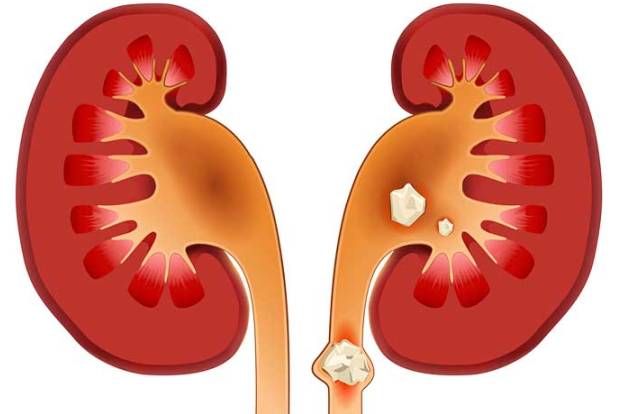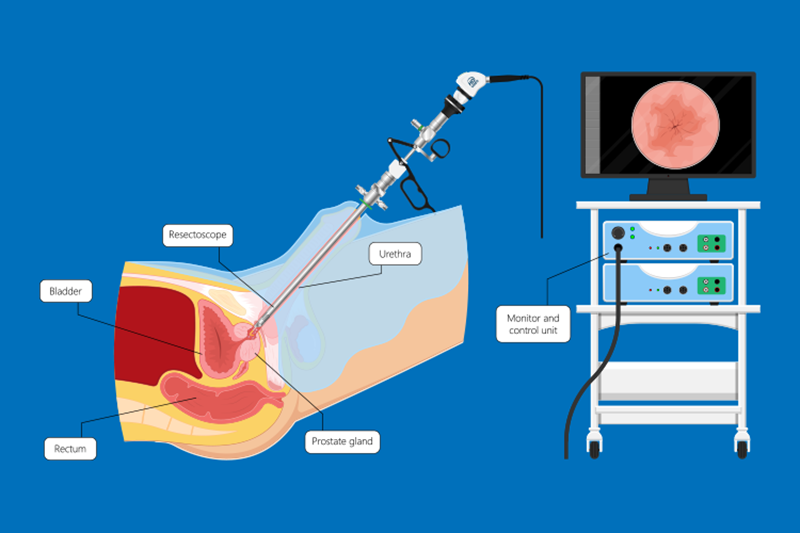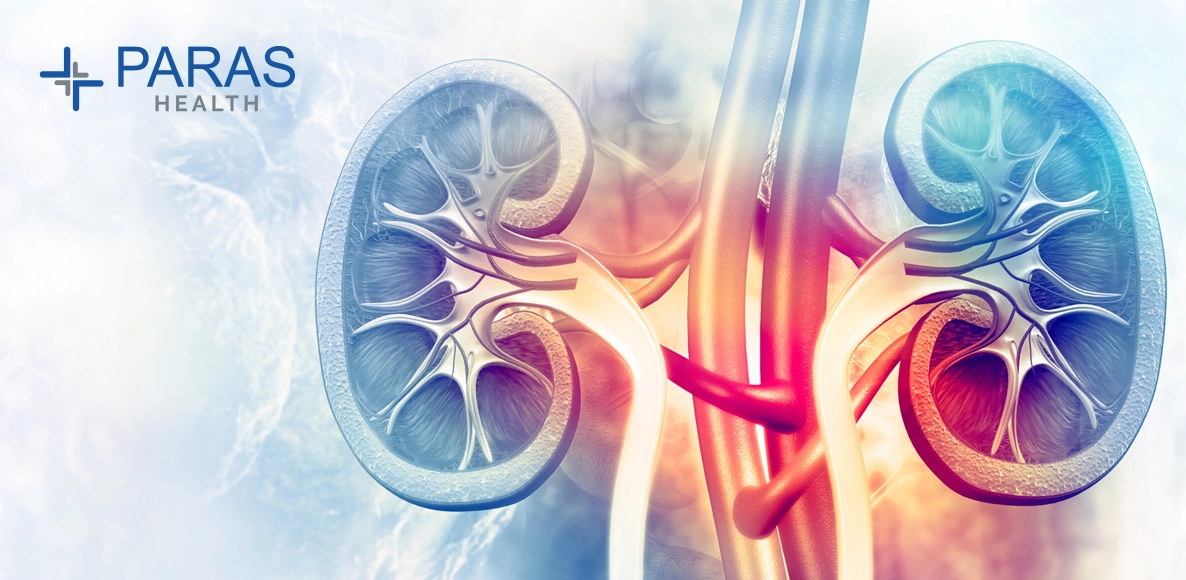Risk factors & diagnosis of Kidney stones

in Urology
Apr 19, 2022
Kidney stones are hard deposits made of minerals and salts that form inside your kidneys.

Risk factors of kidney stones
- Personal or family history- If somebody in our family have had kidney stones, we too are very likely to have these stones. One who has already experienced a stone in the past is at an increased risk of having a kidney stone again.
- Dehydration- Not drinking adequate quantity of water daily, can raise our risk of kidney stones. Individuals living in warm areas & the ones who perspire a lot also could be at increased risk as compared to others.
- Certain diets- Taking a diet which is protein-rich, high in sodium, sugar & salt can raise our risk of having some kinds of kidney stones. Excessive salt in the diet raises the quantity of calcium that the kidneys must filter & thus remarkably raise our risk of having kidney stones.
- Obesity- High BMI or body mass index, weight gain & large waist are associated with high risk of kidney stone.
- Digestive disorders & surgeries- Bypass gastric surgery, chronic diarrhea or inflammatory bowel may result in changes in digestive process which affect our absorption of water & calcium, raising the degree of stone-forming elements in the urine.
- Other medical conditions- Conditions & diseases which can raise our risk of kidney stones comprise of renal tubular acidosis, hyperparathyroidism, cystinuria, some medicines & certain urinary tract infections.
Diagnosis
Post consultation with a doctor one can resort to below tests:
- Blood test- Blood testing can reveal a lot of uric acid or calcium in our blood. Results of Blood test help to monitor our kidneys’ health & may prompt a doctor to identify other medical conditions.
- Urine test- 24 hour urine collection test can show if the patient is excreting excessive stone-forming minerals or very few stone-preventing elements. The doctor can request the patient to perform 2 urine collections in 2 consecutive days, for this test.
- Imaging- Imaging tests can show kidney stones in our urinary tract. Options start from simple abdominal X-ray which may miss the small kidney stones, to the high speed or dual energy CT or Computerized tomography which reveals even the tiny stones.







